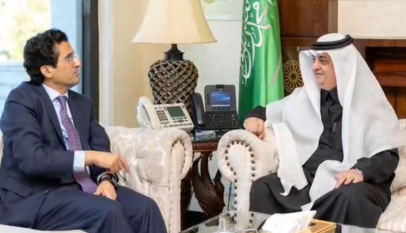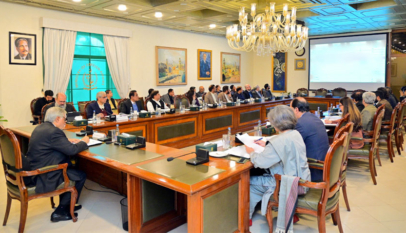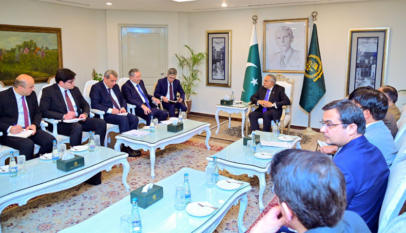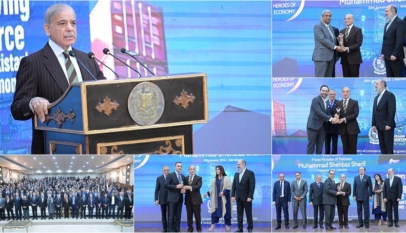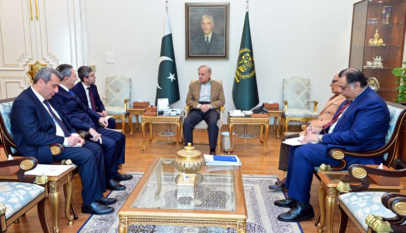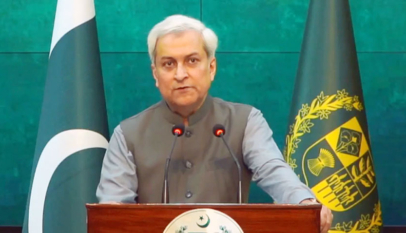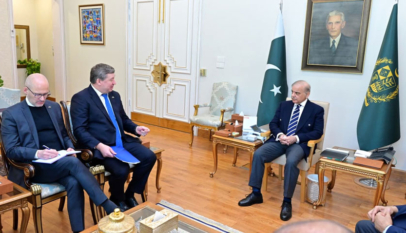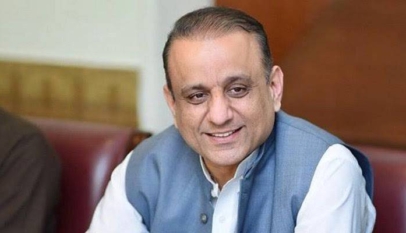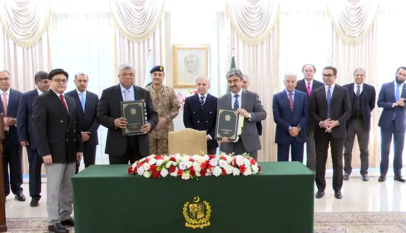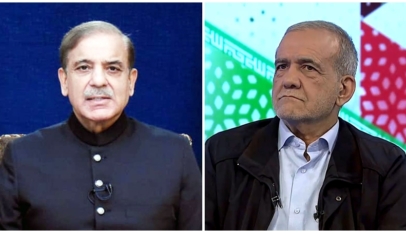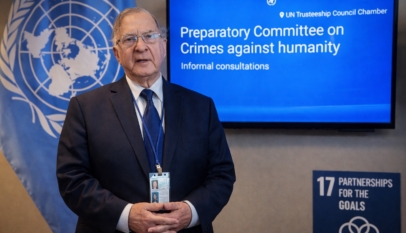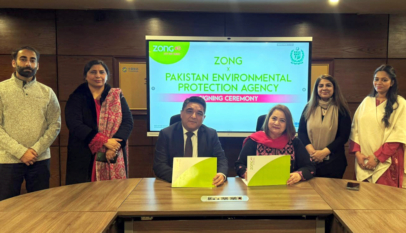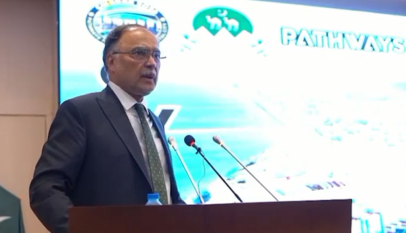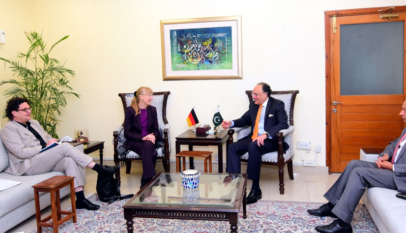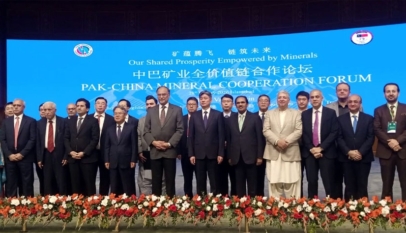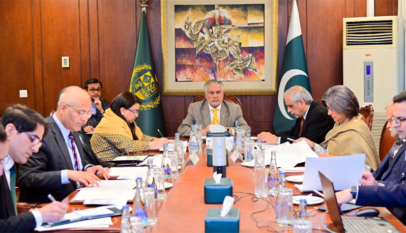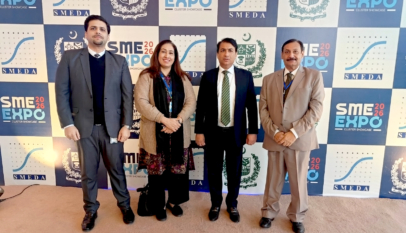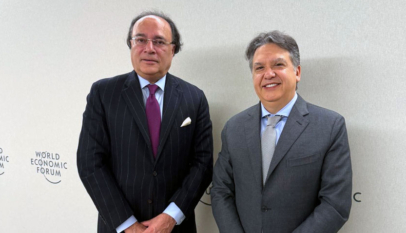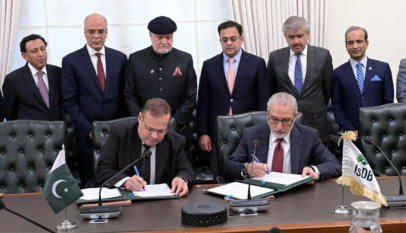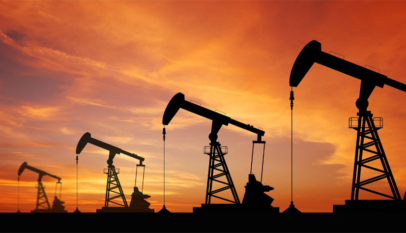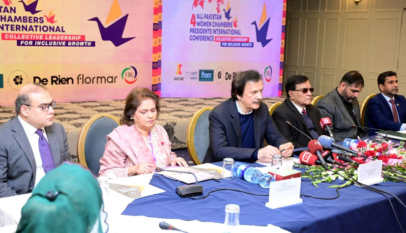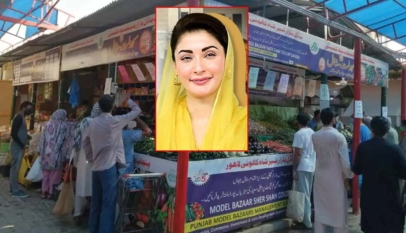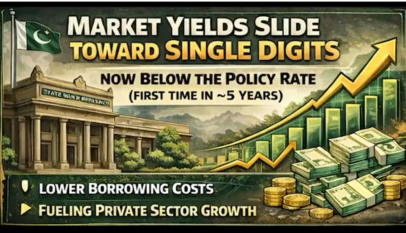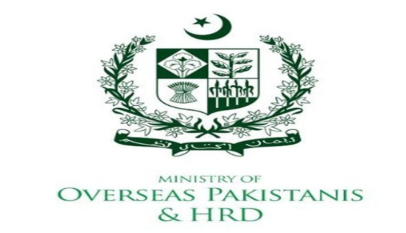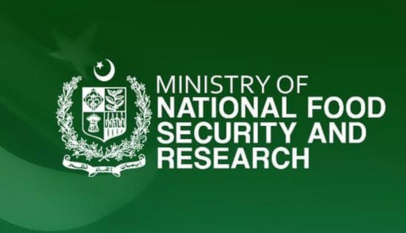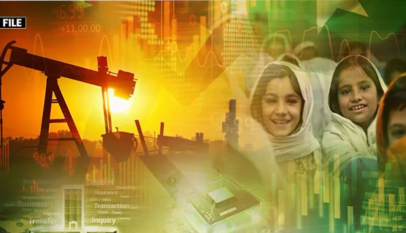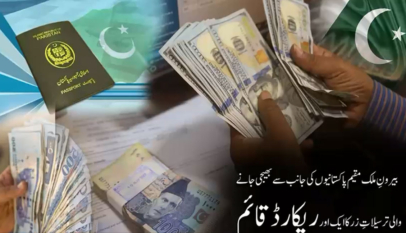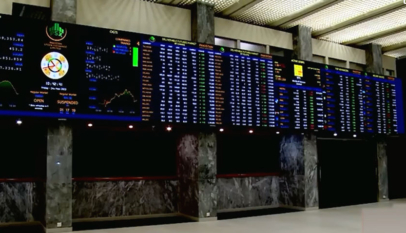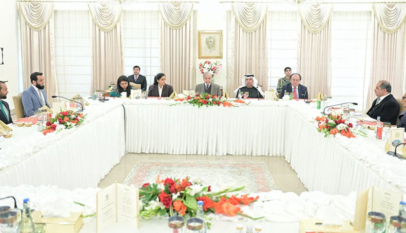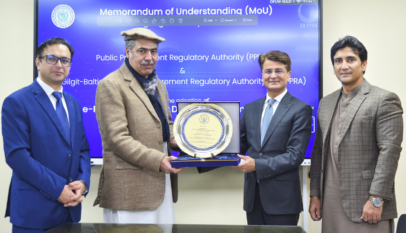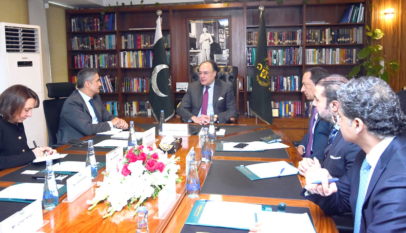In a swift response to the government’s recent fiscal measures, the Pakistan LPG Market Association (PLMA) through its Vice Chairman Mr. Muhammad Ali Haider has vehemently rejected the significant increase in the Petroleum Development Levy (PDL) and the new 18% General Sales Tax (GST) on imported LPG. The association is calling for an immediate review of these policy changes, arguing that they pose a severe threat to both the industry and consumers.
The recent tax memorandum for 2024-2025 outlined a sharp rise in the PDL on locally produced Liquefied Petroleum Gas (LPG) from Rs. 4,669 per metric ton to a new minimum of Rs. 30,000 per metric ton. Additionally, the government has imposed an 18% GST on imported LPG, which makes up approximately 65% of the market supply. These increases are set to push LPG prices to around Rs. 30 per kilogram, affecting millions of households and industrial users nationwide.
The PLMA, representing a broad coalition of LPG producers, distributors, and retailers, warned that the escalated costs could cripple the local LPG sector. The association emphasized that thousands of jobs are at risk and that millions of consumers will bear the brunt of the higher prices, particularly the most vulnerable households.
In a statement, the PLMA highlighted the potential for significant economic fallout. “These fiscal measures could stifle the growth of the LPG industry and lead to severe inflationary pressures. It is crucial for the government to reconsider these hikes to protect the livelihoods of thousands of employees and the financial well-being of millions of consumers,” the statement read.
The PLMA is urging the government to review and roll back the increases in both the PDL and GST to ensure the sustainability of the industry and to prevent undue financial hardship on consumers. The association is calling for a dialogue with policymakers to find a balanced solution that supports economic stability while addressing fiscal needs.
As the debate intensifies, the government faces growing pressure to justify its decisions and consider the broader impacts on the economy and the daily lives of Pakistani citizens.








